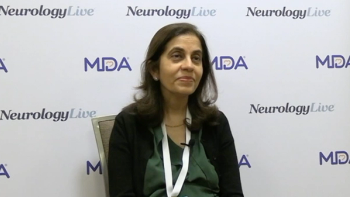
The professor of pediatrics and division chief of Medical Genetics at Duke University gave clinical insight on a presentation on the advancements and limitations of enzyme replacement therapy for Pompe Disease. [WATCH TIME: 3 minutes]

The professor of pediatrics and division chief of Medical Genetics at Duke University gave clinical insight on a presentation on the advancements and limitations of enzyme replacement therapy for Pompe Disease. [WATCH TIME: 3 minutes]

Mind Moments®, a podcast from NeurologyLive®, brings you an exclusive interview with Robert Califf, MD. [LISTEN TIME: 9 minutes]

New biomarker data presented at the 2025 Muscular Dystrophy Association Clinical & Scientific Conference of RGX-202 in the phase 1/2 trial highlight strong microdystrophin expression.

A new analysis reported that givinostat, an oral histone deacetylase inhibitor recently approved for DMD, slowed disease progression by approximately 2 years compared with standard care.

The professor of pediatrics and division chief of Medical Genetics at Duke University delved into the transformative impact of enzyme replacement therapy on Pompe disease, addressing its advancements, limitations, and promising innovations shaping its future. [WATCH TIME: 2 minutes]
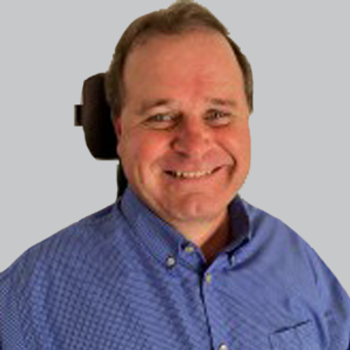
Donovan Decker, recipient of the 2025 MDA Legacy Award for Community Impact and Research, shared his powerful journey as a patient advocate and gene therapy pioneer, shedding light on the challenges and progress in LGMD.
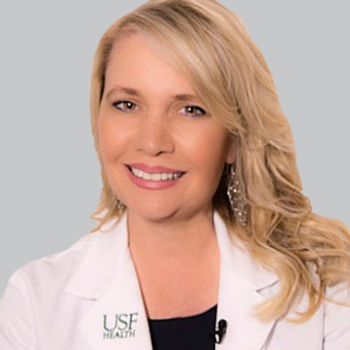
Two separate long-term extension studies met their pre-specified endpoints, showing highly significant evidence of sustained treatment benefits in slowing disease progression in pediatric and adult patients.

The design of a phase 2 trial to investigate the potential of satralizumab in boys with Duchenne muscular dystrophy was recently presented at the 2025 MDA Clinical & Scientific Conference.

The phase 3b STRENGTH study reported that a single dose of OAV101IT was well tolerated in treatment-experienced patients with spinal muscular atrophy, with motor function stabilizing over 52 weeks.

Real-world findings from the RESTORE registry presented at the 2025 MDA conference confirmed the established safety profile of onasemnogene abeparvovec over a 5-year period.
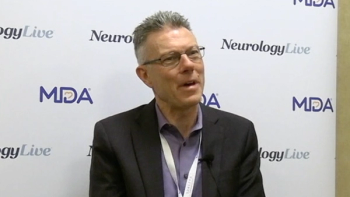
The chief scientific officer at Satellos Bioscience gave clinical insight on a new novel treatment and its mechanism of action in treating Duchenne muscular dystrophy. [WATCH TIME: 5 minutes]

Patient advocate and MDA Ambassador Lily Sander shared inspiring perspective on Charcot-Marie-Tooth disease, advocacy efforts, and the importance of connection

Long-term follow-up data from an early-phase study of an AAV8-based gene therapy for DMD suggest the treatment was well-tolerated and provided sustained biochemical and functional benefits.
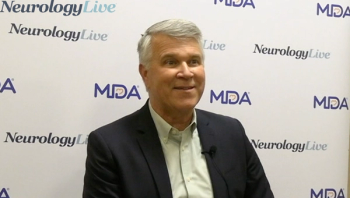
The chief scientific officer at Avidity Biosciences provided clinical perspective on the function and mechanism of del-zota, an investigational antisense treatment in development for DMD amenable to exon 44 skipping. [WATCH TIME: 3 minutes]

Findings from the phase 2 FIGHT DMD trial suggest an investigational oral thromboxane prostanoid receptor antagonist may preserve heart function in patients with DMD-associated cardiomyopathy.
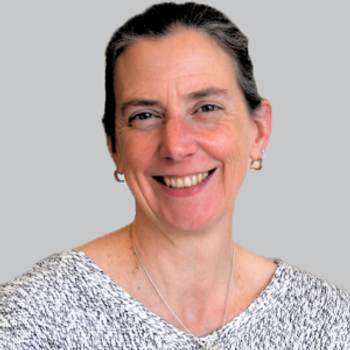
This phase 4 study on omaveloxolone will assess long-term maternal and infant health, potentially informing future safety guidelines for patients with Friedreich ataxia.

The MyacarinG study post-hoc analysis demonstrated rozanolixizumab's potential to significantly reduce ocular symptoms in gMG, with consistent improvements across multiple scoring systems.
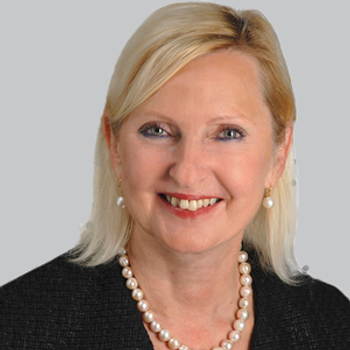
Three patients treated with DT-DEC01 showed improvements in various functional tests, including echocardiography, arm movements, grip strength, and spirometry after 12-24 months of treatment.

In the study, most participants are aged 18-60, with 53% female and 73.1% carrying the c.826C>A mutation, while 15 patients are aged 12-18.

A recent study shows that eteplirsen, a drug promoting dystrophin production, significantly slowed the decline in heart function, specifically left ventricular ejection fraction, in patients with Duchenne muscular dystrophy.

Spanning 14 weeks, the study evaluates age-appropriate dosing, safety, pharmacokinetics, and clinical effects through once-weekly injections of efgartigimod PH20 SC in juvenile myasthenia gravis.
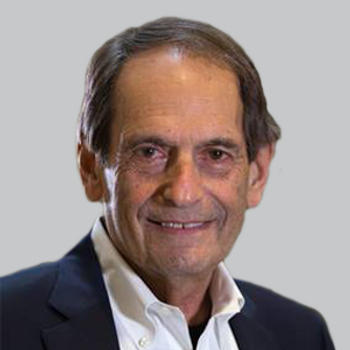
Over the 5-year period, treatment-related adverse events with the gene therapy were mild or moderate, with most occurring within the first 90 days after infusion.
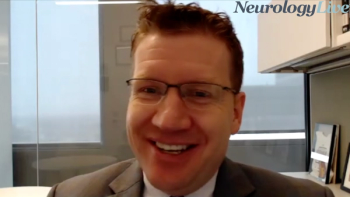
The pediatric neurologist at Children’s Hospital of Philadelphia gave perspective on some of the main issues the clinical community is figuring out with gene therapies and their integration to clinical practice. [WATCH TIME: 3 minutes]

The pediatric neurologist provided a clinical overview of the advances and roadblocks of gene therapy in neuromuscular disorders, which will be highlighted at the 2025 MDA Clinical & Scientific Conference.
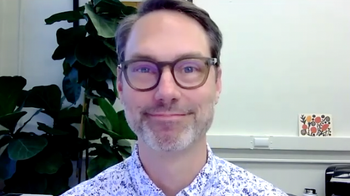
The associate professor of neurology at Columbia University provided commentary on the rapid advancements in translating genetic research into ALS treatments and the challenges that remain. [WATCH TIME: 5 minutes]

The pediatric neurologist at Children’s Hospital of Philadelphia provided background on a notable track session at the upcoming MDA Clinical & Scientific Conference covering updates in gene therapy for neuromuscular conditions. [WATCH TIME: 4 minutes]

The associate professor of neurology at Columbia University gave clinical insight on what neurologists and other neuromuscular specialists can expect from the ALS/frontotemporal dementia track at this year’s MDA Clinical & Scientific Conference. [WATCH TIME: 3 minutes]

Matthew B. Harms, MD, an associate professor of neurology at Columbia University Irving Medical Center, an MDA Care Center, gave clinical insights on the advances in ALS genetic research and what clinicians can expect from the ALS/FTD track at the 2025 MDA Clinical & Scientific Conference.
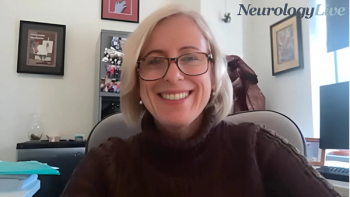
The Lillehei professor in stem cell and regenerative cardiovascular medicine at the University of Minnesota talked about the potential of investigating inducted pluripotent stem cells in neuromuscular diseases at MDA’s 2025 conference. [WATCH TIME: 8 minutes]
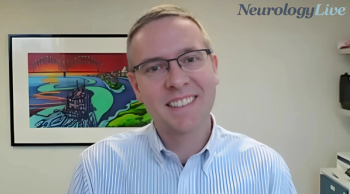
The clinical researcher at St. Jude Children's Research Hospital discussed the evolving treatment landscape for Charcot-Marie-Tooth disease, which will be featured in a session at the 2025 MDA Conference. [WATCH TIME: 7 minutes]